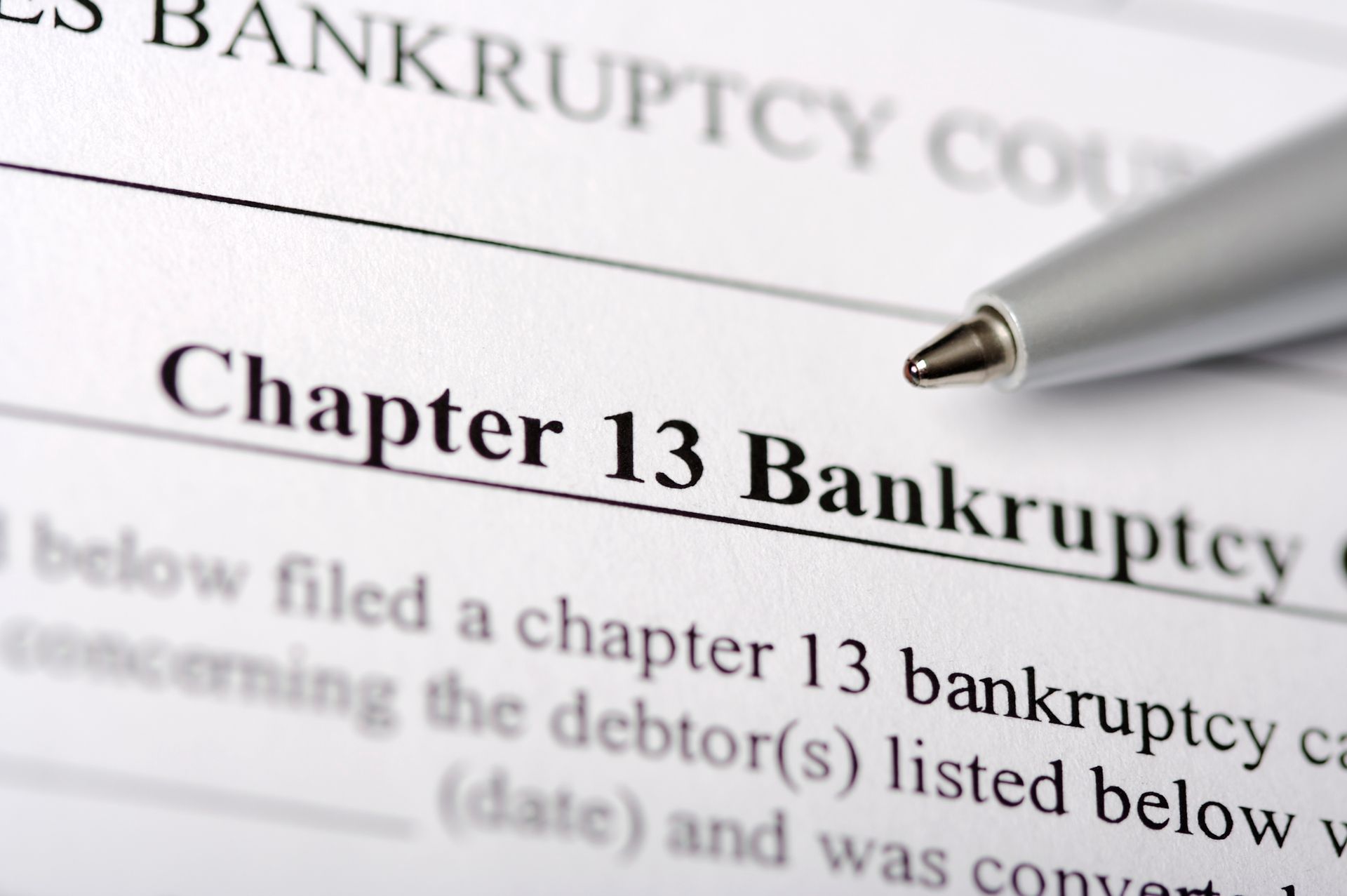The Ripple Effect of Bad Credit: How it Impacts More Than Just Your Finances

Having bad credit can impact many aspects of your life beyond just your financial situation. Your credit score significantly impacts your financial life, from securing a job to buying a home. Read on to explore how bad credit can make it harder to get a job or buy a home and what steps you can take to improve your credit. You will learn whether hiring an attorney for credit repair is necessary and how to keep your credit strong in the future. The sooner you protect your financial future with credit repair, the better you'll be able to protect your assets.
What is Bad Credit?
Bad credit can happen when debts exceed income or take up a high percentage of your total credit, also called high credit utilization. You can have bad credit from unpaid or ample medical bills, credit cards that are over their limit or maxed out, or high-interest loans. Even if you pay your debts off, you may need to spend some time rebuilding your score to overcome bad credit. It's wise to consider credit repair when your score is very low, and you want to expand your financial options.
What's the Impact of Bad Credit?
Bad credit can have far-reaching consequences, impacting more than just your ability to secure loans or credit cards. Bad credit can cause higher interest rates, higher insurance premiums, and difficulty securing certain services. Bad credit can even create problems for job seekers. Many employers perform credit checks on potential candidates as part of their screening process.
A poor credit score can potentially raise red flags for employers, who could view bad credit as a reflection of your reliability, responsibility, and trustworthiness. This could hinder your chances of landing a job, especially in roles that involve handling money or sensitive information. Good personal finance skills are imperative if you want to work in banking, finance, or any field where handling and working with money is essential. If your personal finances are a mess, focus on improving your credit score. Once you understand why your credit is poor, you can take measures to improve this score over time.
What About Buying a Home with Bad Credit?
Another milestone that can be affected by bad credit is your ability to purchase property or finance a home loan. Lenders utilize your credit score to assess your creditworthiness and financial stability when applying for a mortgage. A bad credit score can eventually lead to higher interest rates, larger down payments, or even being denied a mortgage altogether.
A low credit score often indicates debt that exceeds your income, suggesting that you may be unable to reliably afford your monthly payments. A high debt-to-income ratio may make it challenging to achieve the dream of homeownership or, at the very least, impact “how much” home you can buy or the type of loan you can get. By improving your credit, you can increase your chances of being approved for a mortgage. Making on-time payments, reducing debt, and disputing errors or inaccuracies on your credit report are all steps you can take today to improve bad credit.
Should You Explore Credit Repair?
If you are struggling with low, fair, or downright bad credit, you may wonder whether hiring an attorney for credit repair is necessary. While there are reputable credit repair companies that can assist you in improving your credit, it is crucial to be cautious of scams. Signs that you may need legal assistance for credit repair include inaccurate information on your credit report, identity theft, or being harassed by debt collectors. If banks or creditors threaten you with repossession of a vehicle or home, an attorney can help you better understand credit repair laws and advocate on your behalf to ensure fair treatment.
Can You Protect Your Credit for the Future?
To keep your credit strong in the future, you must practice good financial habits now. This includes on-time and in-full payments, maintaining low credit card balances, and resisting the urge to open new accounts unnecessarily. Regular monitoring of your credit report for errors and fraudulent activity can also help protect your credit score. By being proactive and responsible with your financial decisions, you can maintain a healthy credit profile and avoid the pitfalls of bad credit.
A low credit score can significantly impact various aspects of your life, including your ability to get a job or buy a home. By understanding how bad credit can affect you and taking meaningful steps to improve your credit, you can overcome money challenges and work towards a brighter financial future. Whether you choose to hire an attorney for credit repair or take matters into your own hands, it is crucial to be proactive in managing your credit. By practicing good financial habits and staying vigilant about your credit score, you can keep your credit strong and secure a promising future. Call Veitengruber Law to discuss your legal or financial issues today.










